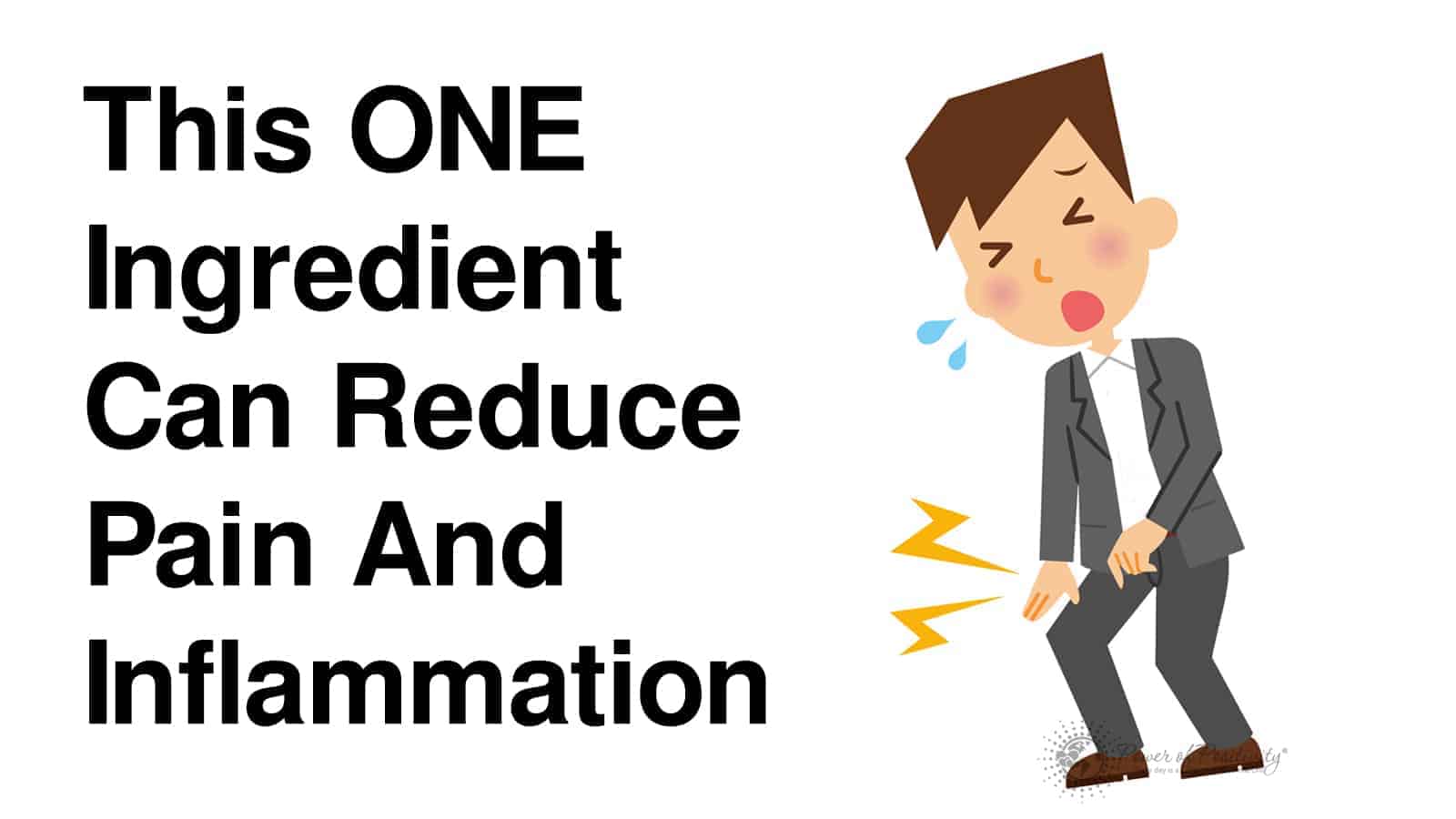Inflammation is both good and bad
To, answer Ms. Hobson’s (rhetorical) question, the inflammatory response can be either good or bad.
Firstly, normal inflammation – that is, inflammation of the non-chronic variety – helps to protect us against infection and injury. When you strain or sprain a muscle, or cut yourself, for example, a healthy immune system stimulates a defense mechanism permitting the injury to heal.
But overactive and chronic inflammation can cause havoc on the body. Rheumatoid arthritis (RA) is a good illustration of this. RA is a painful condition resulting from continuous inflammation of the joints, skin, eyes, lungs, heart and blood vessels.
Besides arthritis, abnormal inflammation is responsible for all other ‘-itis’ conditions, such as bursitis (inflammation of the elbow, knee or shoulder) and hepatitis (inflammation of the liver.)
In this article, we’re going to focus on chronic inflammation. We’ll also suggest ways to reduce – and in some cases, eliminate – the chronic inflammation response.
Here are 7 Signs of Chronic Inflammation
“Chronic, low-level inflammation seems to play a role in a host of diseases, including type 2 diabetes, heart disease, Alzheimer’s, cancer and even depression… (when the immune inflammation response) is constantly triggered, over time it can damage the body instead of healing it.” ~ Katherine Hobson: “Is Inflammation Bad For You Or Good For You?”
1. Chronic fatigue
Some neuroscientists such as Mary Harrington, director of the neuroscience program at Smith College in Massachusetts, believe that chronic inflammation is directly linked to chronic fatigue.
These scientists have discovered a biological connection between the immune system’s inflammatory response and activity within the brain and spinal cord. This relationship enables chronic inflammation to interfere with the brain’s circadian rhythm, which controls sleep/wake cycles.
2. Red or itchy skin
High stress levels produce a disproportionally large amount of inflammatory chemicals. Of course, these can affect skin health. People with chronic skin conditions such as eczema or psoriasis may see their symptoms exacerbate.
It’s also possible for chronic inflammation to incite episodic acne or swelling and itchiness of the skin.
3. Excess belly fat
Excess belly fat may be a driver of inflammatory processes, according to researchers at Washington University. The research team also discovered that environmental toxins are linked to the degree of inflammatory response.
With findings such as these, it’s beneficial for us to monitor our weight and consider shedding a few pounds if need be.
4. Digestive problems
There’s an intricate link between the body’s levels of inflammation and digestive health. Frequent bouts of bloating, constipation, diarrhea, gas, nausea or vomiting, are potential signs of an elevated inflammatory response.
It’s easy to fall into the trap of thinking that tummy problems are no big deal, and they may not be. However, if these problems are constant, it’s not normal – and may be an indication of an underlying health condition.
5. Food Intolerances
Sensitivity to certain foods is a prevalent issue and one that kicks the immune system into overdrive. When this happens, inflammatory chemicals are dispersed to ward off the food’s byproducts and protect the person.
Dairy, gluten, eggs, grains, sugar, and corn are some of the big culprits of food intolerance. Fortunately, merely avoiding these foods will stabilize both the immune system and levels of inflammation.
6. Headaches or migraines
Persistent headaches are potential signs of higher inflammation levels. Similar to digestive problems, headaches may also come from toxins in the environment that cause inflammation.
In a study conducted by the University of Toledo College of Medicine and Life Sciences, researchers found a positive correlation (relationship) between migraine diagnosis cases and inflammatory markers within the body.
7. Depression or depressive symptoms
Depression and depressive symptoms are complicated, as many factors contribute to the conditions. Counterintuitive as it may seem, chronic inflammation may indeed be one such factor.
Many physicians have reached this conclusion by citing the frequency wherein patients diagnosed with depression register high levels of inflammation. Further, these individuals are likelier to suffer from an inflammation-related health condition, such as rheumatoid arthritis or inflammatory bowel disease.
Treating chronic inflammation
There are ways of counteracting and preventing health issues caused by chronic inflammation. Here are the three big ones:
- Exercise: Fat cells produce excessive amounts of inflammatory chemicals. Aim for 30 minutes of physical activity at least three times per week. To make exercise a bit easier, try doing some physical activity you enjoy or break the 30 minutes down into 10 or 15-minute increments.
- Get your Omega-3: Omega-3s contain potent anti-inflammatory properties. Some foods rich in this fatty acid include chia seeds, fish, fish oil, flaxseeds, lean meats, seafood, soybeans, spinach, and walnuts.
- Reduce refined carbs: To reduce the effects of inflammation and inflammation-related medical conditions, it decrease or eliminate the amount of flour and sugar from your diet.
Some of the more common sources of refined carbs include bread, cereal, cookies, crackers, pasta, and soft drinks.


















